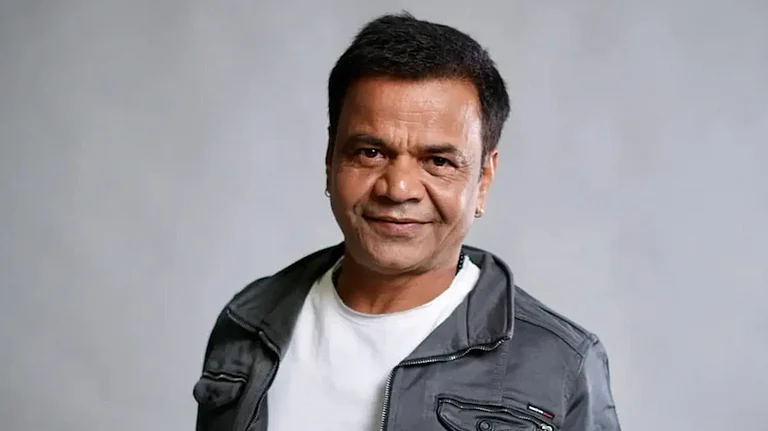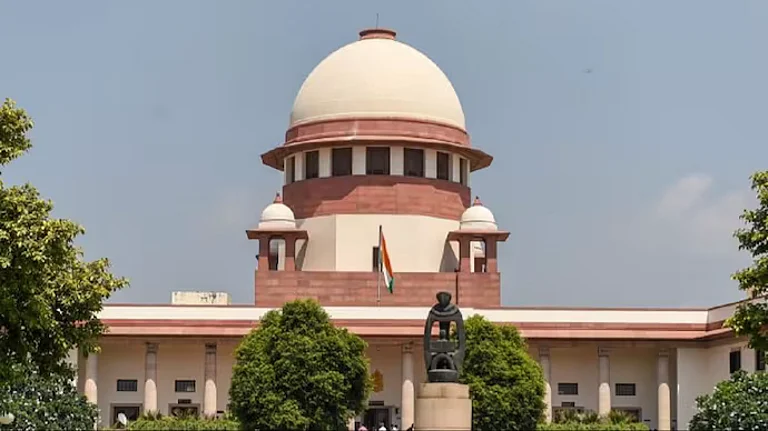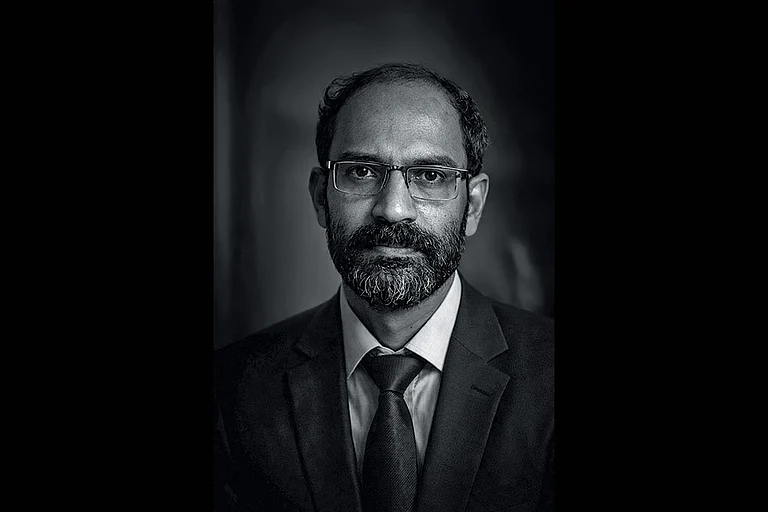On August 9, a Supreme Court bench of Justice BR Gavai and Justice KV Viswanathan granted bail to Former Deputy Chief Minister of Delhi, Manish Sisodia. The bench stated that Sisodia had been in jail for 17 months without trial. He was lodged in Tihar Jail since March 2023 for an alleged involvement in the Delhi Excise Policy Scam. Here is a series of events that took place in the case so far.
November 2021: A new Excises Policy was introduced by the Delhi Government. The policy gave permission to private companies and entities to enter the liquor sector.
July 2022: VK Saxena, the Delhi Lieutenant Governor recommended a CBI Probe saying alleged irregularities in the Excise Policy. It was said that this policy was used to favor the private players in the liquor sector.
August 2022: Cases were registered by the ED and CBI and soon after the house of the then Deputy CM of Delhi, Manish Sisodia, and other Delhi Government Officials was raided by CBI.
September 2022: Because of increasing allegations of corruption against Aam Aadmi Party leaders, the Delhi government abolished the new excise policy.
October 2022: Manish Sisodia faced eight hours of rigorous interrogation by CBI for alleged involvement in corruption.
February 2023: Manish Sisodia was arrested by CBI and he resigned from his ministerial position.
March 2023: ED arrested Manish Sisodia and sent him to Tihar Jail No. 1.
July 2023: The Delhi High Court refused the bail plea of Manish Sisodia.
October 2023: The Supreme Court the bench of Justices Sanjiv Khanna and S V N Bhatti rejected his bail plea.
July 2024: The case was scheduled for another hearing on July 11, 2024, the proceedings experienced a short delay when Justice P V Sanjay Kumar withdrew from the bench. Ultimately, on July 16, the court issued a notice regarding his bail plea when the case was reviewed by a bench including Justices B R Gavai, Sanjay Karol, and K V Viswanathan.
August 2024: The Supreme Court Granted him Bail. The court noted that Sisodia had been imprisoned for approximately 17 months without a trial, and concluded that this situation violated his right to a prompt trial as guaranteed by Article 21 of the Indian Constitution, which protects the right to life and personal liberty.



























